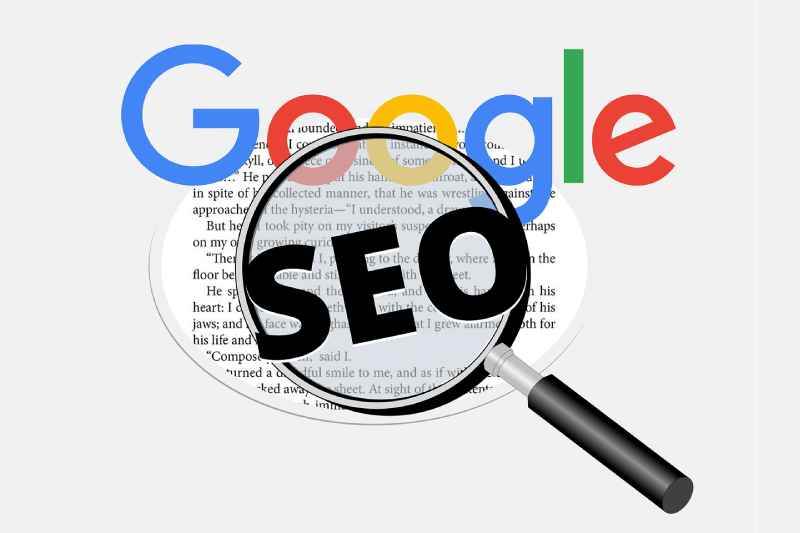
“Time puts everyone in their place, and if you do SEO, a little higher up.”
@carlosredondo
SEO: Its Importance and What It Is
SEO is a term we hear daily, but what is SEO? In this article, we’ll explain it, but first, we’ll provide the context for better understanding.
1. Google Ranking
2. Design Aesthetics and SEO Techniques
3. How Browsers Work
4. Definition of SEO
Google Ranking
Ranking on Google and other search engines is the goal for anyone with a website. A website is built to display its content, whether it’s a blog, e-commerce site, or anything else.
In SEO, there’s a saying: “The best place to hide a dead body is on the second page of Google results.” This colloquial expression means that statistics indicate approximately 80% of internet users only look at the first page of search results.
So, if your goal is to sell on your e-commerce site or to get readers on your blog, or whatever your intention is with a website, you need to “rank on the web,” meaning you need to be found on the first page of search results.
Design Aesthetics and SEO Techniques
A well-designed website is crucial. People appreciate good design and will spend more time on a site that looks appealing. Along with an aesthetically pleasing design, navigation should be easy and intuitive, with as few steps as possible to reach the desired result.
In marketing, it’s said that good design conveys a psychological message to users that the blog, company, or website they are on is important and serious.
Thus, you cannot neglect design and usability on your site; these are significant parts of an SEO strategy. You can check this link for more: [Website Usability as an SEO Factor](#).
But a beautifully designed site isn’t enough; it must be SEO-oriented. Beneath the visual appeal of web design, there’s a physical and virtual structure that helps achieve your goals, namely, “ranking on Google” as mentioned earlier, allowing you to be found naturally online without paying.
How Browsers Work
Understanding the purpose of browsers will help you grasp SEO better.
The internet was created for people to exchange information over a network. It originated from a military communication system and later was used by universities for academic information before becoming widespread with the communication protocol we know today.
The purpose of the internet is to provide information via a massive highway.
However, with all the information on the internet, search engines need to understand, classify, and decide what to show, mainly what appears in search results. Each website has information, and without search engines to process it, the internet would be chaotic.
Search engines use a set of procedures (algorithms) to crawl, index, process, and decide what appears in the top search results. They analyze website information.
Search engines are for-profit companies. This means search engines are a business, even if they seem like a “free” tool to you.
Key points to understand this concept:
a) Search engines make most of their income, if not all, from selling data on user browsing habits and advertising space. Companies wanting to appear in top search results but cannot do so organically pay for advertising. This amounts to hundreds of billions of dollars annually.
b) People use search engines for speed, quality results, and answers that meet their needs; they don’t want to waste time.
Therefore, search engine companies will not harm their business if you don’t follow their requirements to make your site function as desired and show what search engines want according to their rules, ultimately offering the best response to users.
Definition of SEO
You might already have a high-level understanding of what SEO is.
SEO stands for Search Engine Optimization. It is a set of techniques, disciplines, and strategies to appear in the top search results of browsers.
By satisfying the requirements of search engine companies, they display your content, and you achieve the results you want with your site.
With well-executed SEO, it’s a win-win; both parties are satisfied. Google (and others) maintain their business model, and you appear in top search results, achieving success with your site.
If SEO is not done well, you won’t appear in top results naturally, and you’ll need to seek more expensive ways to appear at the top through paid advertising, known as SEM. You can read more about this in the article “What is SEM.”
That’s SEO and its importance. You must implement a range of techniques for browsers to understand what’s on your site, ensure your site functions technically well, and remember, although we didn’t mention it earlier, that the content you offer is the essence of your site; it must be high quality.
In future articles, we will explain how quality content influences online ranking and SEO.
We are SEO experts and can help you.
See you soon.
